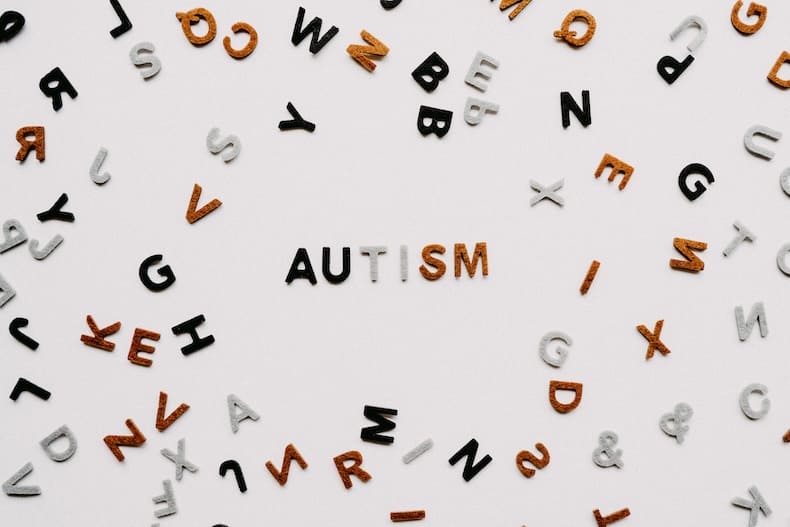
The three main symptoms of autism in adults are social challenges, repetitive behavior and routines, and sensory sensitivities. This article provides a comprehensive understanding of how these symptoms manifest beyond childhood and suggests ways of creating supportive environments that acknowledge and embrace neurodiversity.
- Social Interaction Challenges
At the forefront of symptoms marking autism in adults are the challenges associated with social interaction. Unlike their neurotypical counterparts, adults with autism often encounter difficulties interpreting and appropriately responding to social cues, resulting in impediments to the formation and maintenance of meaningful relationships.
This struggle with social interaction extends across various life domains, including the professional sphere, social gatherings, and familial relationships. Adults with autism may find initiating and sustaining conversations challenging, grappling with the subtleties of non-verbal communication such as facial expressions and body language. Consequently, this difficulty can lead to isolation and detachment, impacting their overall quality of life.
It’s important to recognize that the manifestation of these challenges may vary widely among individuals. Some may exhibit a lack of interest in social activities, while others may express emotions in ways that differ from societal norms. The societal understanding and acceptance of these diverse expressions are crucial steps toward fostering a more inclusive environment for adults with autism.
Understanding and empathy from coworkers, friends, and family members can play a pivotal role in alleviating the social challenges faced by adults with autism. Workplaces that prioritize education and foster an inclusive atmosphere can help people with autism navigate the complexities of professional relationships, ultimately enhancing their job satisfaction and performance.
Moreover, promoting social skills training and support groups tailored for adults on the spectrum can offer valuable tools for navigating social interactions. By recognizing and addressing these challenges, society can contribute to the creation of a more inclusive and understanding community.
- Repetitive Behaviors and Routines
A distinctive hallmark of autism in adults involves the presence of repetitive behaviors and adherence to routines. For many adults on the spectrum, the establishment of comfort and security in predictable patterns becomes a coping mechanism, offering a sense of stability in an often unpredictable world.
This inclination towards sameness permeates various aspects of their lives, from meticulously structured daily schedules to specific rituals associated with personal interests or hobbies. Disruptions to these routines can evoke a considerable degree of distress, highlighting the importance of predictability and stability in the lives of adults with autism.
Repetitive behaviors, ranging from hand-flapping to vocalizations, serve as mechanisms for self-regulation and sensory processing. While these behaviors may be perplexing to those unfamiliar with the spectrum, they are essential for the individual’s well-being. Society must foster understanding and accommodate these tendencies, particularly in professional environments where adherence to routines can influence an individual’s job performance and overall job satisfaction.
Creating inclusive workplaces involves recognizing the value that individuals with autism bring to diverse teams. Employers can implement reasonable accommodations, such as allowing flexible work schedules or providing clear communication about changes, to support employees with autism in adhering to their routines.
- Sensory Sensitivities
Sensory sensitivities are another significant facet of autism in adults. Adults on the spectrum may experience heightened or diminished sensitivity to various sensory stimuli, including sounds, lights, textures, and smells. Understanding and addressing these sensitivities are pivotal for creating environments that support the well-being of adults with autism.
In adulthood, sensory sensitivities may manifest as discomfort or distress in response to specific stimuli. For instance, crowded and noisy spaces may become overwhelming, leading a person to seek solitude or withdrawal. Conversely, some individuals may actively seek out certain sensory experiences, such as specific textures or visual stimuli, to self-soothe.
Employers, educators, and healthcare professionals can contribute significantly to creating inclusive environments by recognizing and accommodating sensory sensitivities. Simple adjustments, such as providing quiet spaces or adjusting lighting, can make a substantial difference in the comfort and well-being of adults with autism in various settings.
Moreover, promoting awareness and acceptance of sensory sensitivities in public spaces, such as airports, shopping centers, and recreational areas, can foster a more inclusive society. Educating the public about the diverse sensory experiences of autistic adults can contribute to an environment that respects and accommodates neurodiversity.
Conclusion
In conclusion, navigating autism in adulthood involves a nuanced understanding of the three main symptoms that characterize this neurodevelopmental condition. Social interaction challenges, repetitive behaviors and routines, and sensory sensitivities represent the unique landscape that adults on the autism spectrum navigate daily.
By fostering awareness, embracing diversity in expression, and creating inclusive environments, society can play a crucial role in supporting and uplifting adults living with autism. In doing so, we contribute to a more compassionate and understanding world for all. Recognizing the strengths and unique perspectives of individuals with autism enhances the fabric of our communities, promoting an inclusive society that values the richness of neurodiversity.
Dr. Kenneth Roberson is an Autism Spectrum Disorder psychologist in San Francisco with over 30 years of experience.
